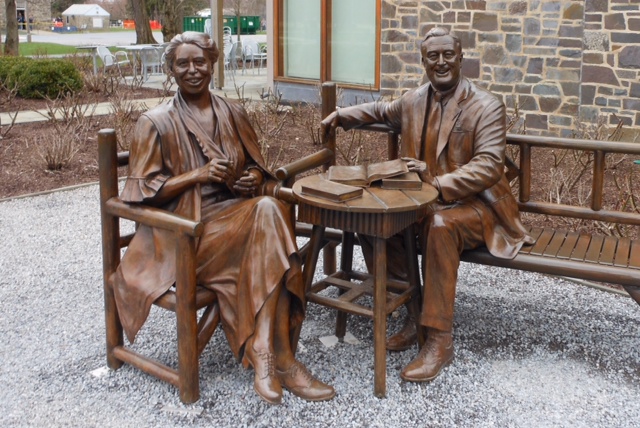History of the Phi Beta Kappa Society

Phi Beta Kappa, the nation's oldest and most prestigious undergraduate honors organization, was founded on December 5, 1776, at the College of William and Mary in Williamsburg, Virginia. It was the first college society to have a Greek-letter name, and in its initial period at William and Mary it introduced the essential characteristics of such societies — an oath of secrecy (discarded in 1831), a badge, mottoes in Latin and Greek, a code of laws, and an elaborate form of initiation. The organization was created as a secret society so that its founders would have the freedom to discuss any topic they chose. Freedom of inquiry has been a hallmark of ΦBK ever since.
Today it has chapters at 286 colleges and universities in the United States and more than half a million members throughout the country. Its mission is to champion education in the liberal arts and sciences, to recognize academic excellence, and to foster freedom of thought and expression.
Phi Beta Kappans share the honor of membership with seventeen U.S. Presidents and seven of the nine current U.S. Supreme Court Justices. Read more about the history of ΦBK on the Society's site.
Phi Beta Kappa at UC Davis
Kappa Chapter elects juniors and seniors who have compiled outstanding academic records in a curriculum including the humanities, natural sciences, and social sciences. These nominees, or 'Members in Course', are notified in spring quarter by email, and are invited to attend the initiation ceremony in May. Students who are elected to Phi Beta Kappa are encouraged to become members of the national society. Read about the advantages of becoming a member and see How to Join for details.